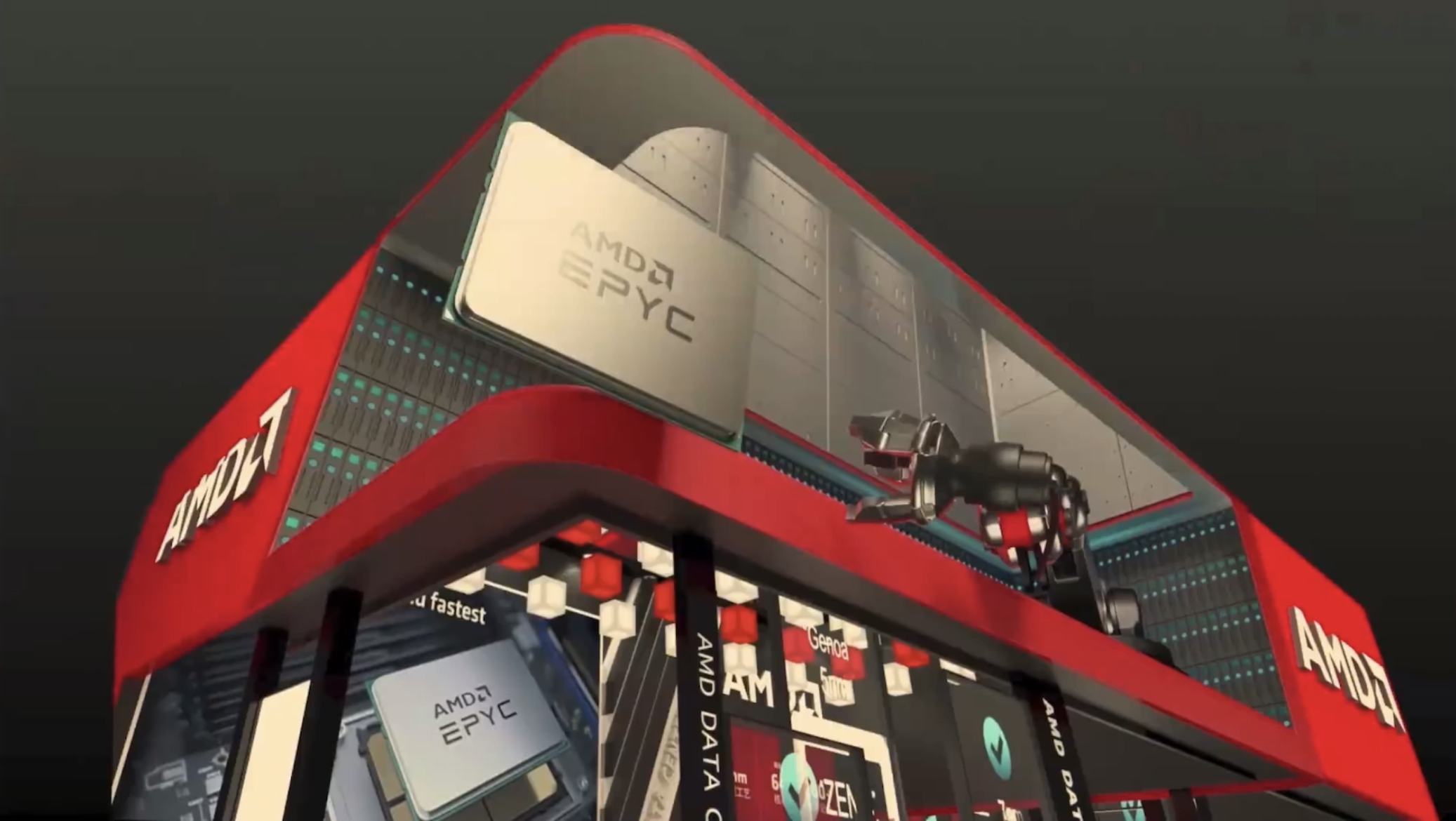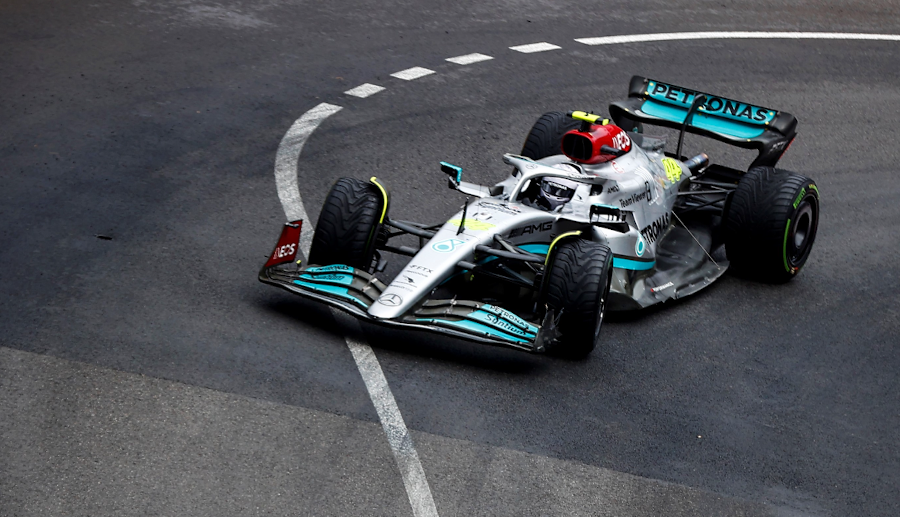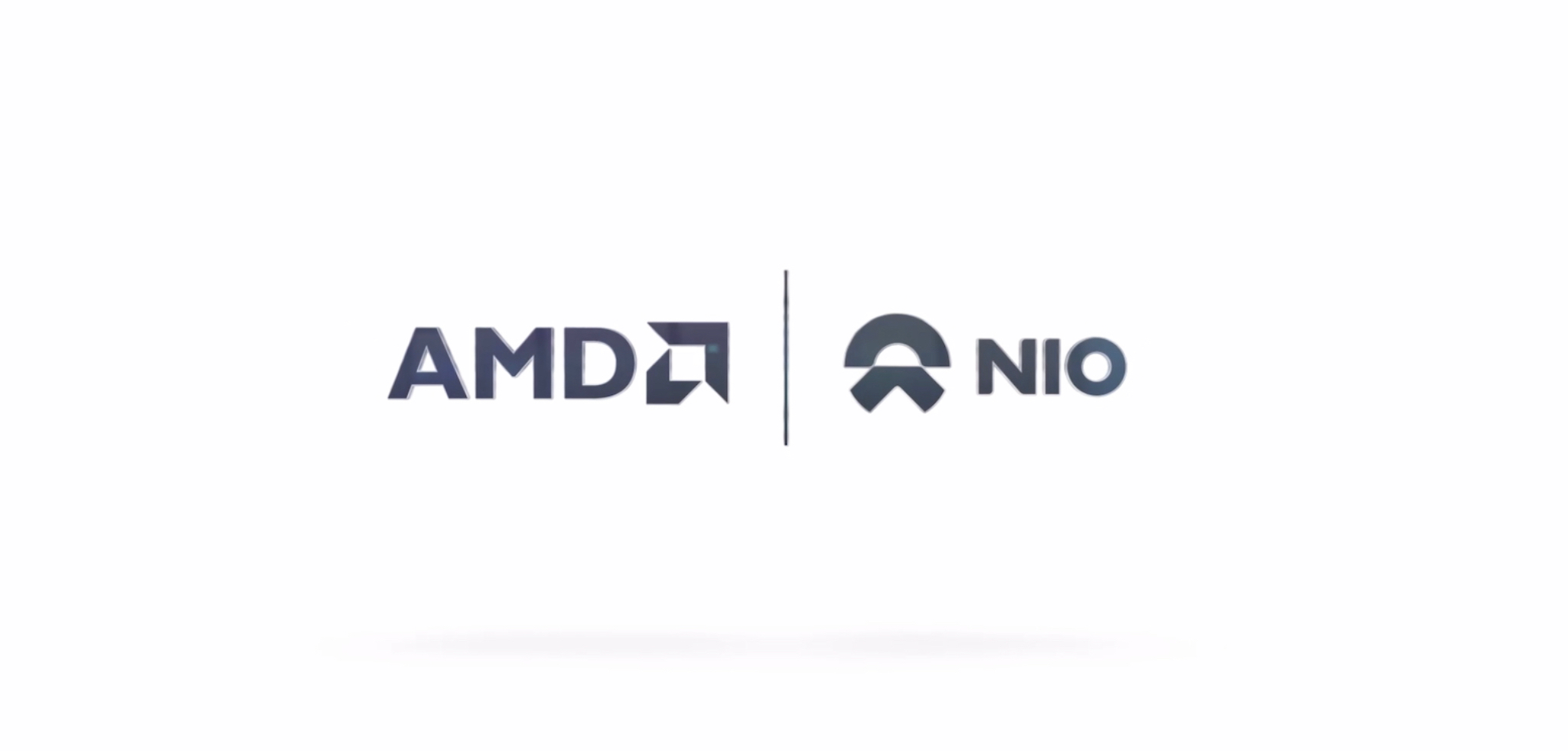On June 6th, according to AMD China, NIO has purchased a batch of AMD EPYC processors. The AMD EPYC processors will be imported into NIO’s whole-vehicle production to handle HPC (high-performance computing) platforms used for vehicle research and development, rather than joining the ranks of automotive-grade chips.
The AMD EPYC series is mainly used to provide high-performance computing power for supercomputers. Based on the enhanced “Zen 3” core architecture, and with a brand-new high-speed cache structure, each core can provide up to 32MB of L3 cache. Therefore, the technology computing performance provided by AMD EPYC can surpass mainstream X86 server processors today.

This strong computing power can help NIO speed up key research and development design stages, especially FEA (finite element analysis), CFD (computational fluid dynamics), and other high-performance simulation software. In NIO’s actual application during research and development, AMD EPYC can be used in scenarios such as vehicle collision simulation and wind resistance analysis. This is also one of the necessary steps to improve the durability, safety, and reliability of electric vehicle architecture design.

According to AMD, after NIO adopts AMD EPYC, the daily simulation and modeling workload has increased by 50%, accelerating AI’s deep learning training speed to speed up the development of NIO’s NAD. Does this mean that NIO’s NAD is getting closer to us?

By using AMD EPYC, NIO can reduce the number of server purchases, saving more than 50% in total cost of ownership (TCO). In other words, NIO’s research and development costs can also be reduced to a certain extent.
Therefore, after purchasing AMD EPYC processors, NIO can shorten its research and development time, improve vehicle quality, and save on the cost of research and development. Besides NIO, the Mercedes-AMG Petronas F1 team has also demonstrated how they have improved their aerodynamic testing by using AMD EPYC processors, achieving a 20% performance improvement in Computational Fluid Dynamics (CFD), and helped the team win eight team championships during the 2021 season.

We look forward to seeing what surprises NIO will bring us in terms of NAD testing, vehicle manufacturing and development with the help of AMD. In addition, with the purchase of AMD servers, do you think NIO could import AMD’s automotive-grade chips?
Source: 🔗Source: AMD China
This article is a translation by ChatGPT of a Chinese report from 42HOW. If you have any questions about it, please email bd@42how.com.
